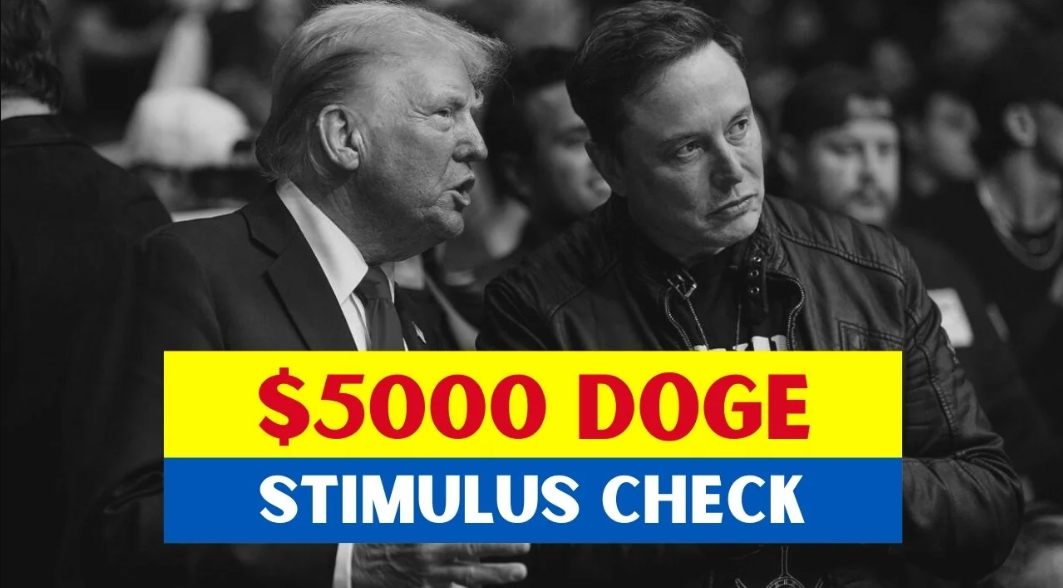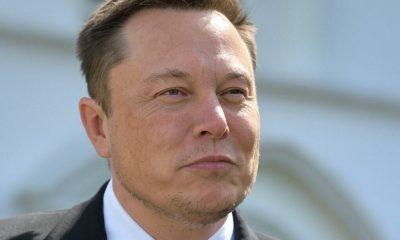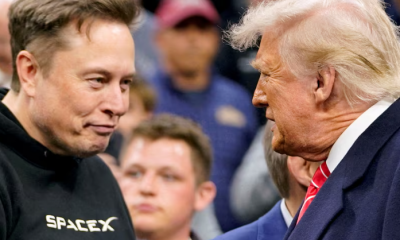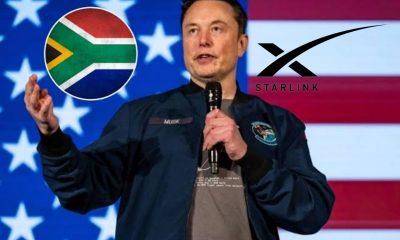Doge today
Could $5,000 DOGE Stimulus Checks Really Happen? Here’s What We Know

In a bold move to reshape the landscape of government efficiency, the newly established Department of Government Efficiency (DOGE) has sparked conversations about potentially issuing $5,000 stimulus checks to taxpayers. Spearheaded by tech mogul Elon Musk and backed by President Trump, this initiative aims to cut government waste and redirect savings to American citizens. But how feasible are these $5,000 checks? Let’s delve into what we know so far.
The Origin of the $5,000 DOGE Stimulus Checks
The concept of $5,000 DOGE stimulus checks emerged from a suggestion by James Fishback, a prominent “anti-woke” investor and CEO of Azoria Partners. He proposed the idea on X, advocating for the return of 20% of DOGE’s anticipated $2 trillion savings to taxpayers as a dividend. Fishback argues that such incentives could motivate citizens to report waste, fraud, and abuse in government spending, thereby increasing accountability.
The Role of President Trump and Elon Musk
During a recent speech, President Trump revealed that the administration is considering allocating 20% of DOGE’s savings back to the public, stating, “A 20% dividend… would be an incentive for the taxpayer to go out and report things to us where we can save money.” Musk has shown interest in this initiative, indicating he would discuss it further with Trump.
However, it’s important to note that for these checks to materialize, DOGE must first achieve its ambitious savings target. As Musk has admitted, even reaching this goal may prove challenging.
Legislative Hurdles
Even if the idea gains momentum, the distribution of funds would require Congressional approval. House Speaker Mike Johnson expressed skepticism about the proposal, highlighting concerns about fiscal responsibility amidst a looming $36 trillion federal debt.
Economic Perspectives
The prospect of $5,000 checks has garnered mixed reactions from economists. Critics argue that distributing such checks could exacerbate inflation and increase the federal deficit. Judge Glock, a director of research at the Manhattan Institute, remarked, “It would increase the deficit, it would increase immediate consumer spending, and that would have inflationary consequences.” Others believe that if the government already plans to spend the money, returning it to taxpayers might not lead to inflationary pressures.
Despite the controversies, Trump and Musk remain optimistic about the potential of DOGE to streamline government operations and redistribute savings to the American public.
The idea of $5,000 DOGE stimulus checks is intriguing but fraught with complexities. While the vision of returning government savings to taxpayers aligns with broader goals of efficiency and accountability, significant hurdles remain. As the DOGE initiative progresses, only time will tell whether this ambitious proposal will come to fruition.
Follow Joburg ETC on Facebook, Twitter , TikTok and Instagram
For more News in Johannesburg, visit joburgetc.com



























